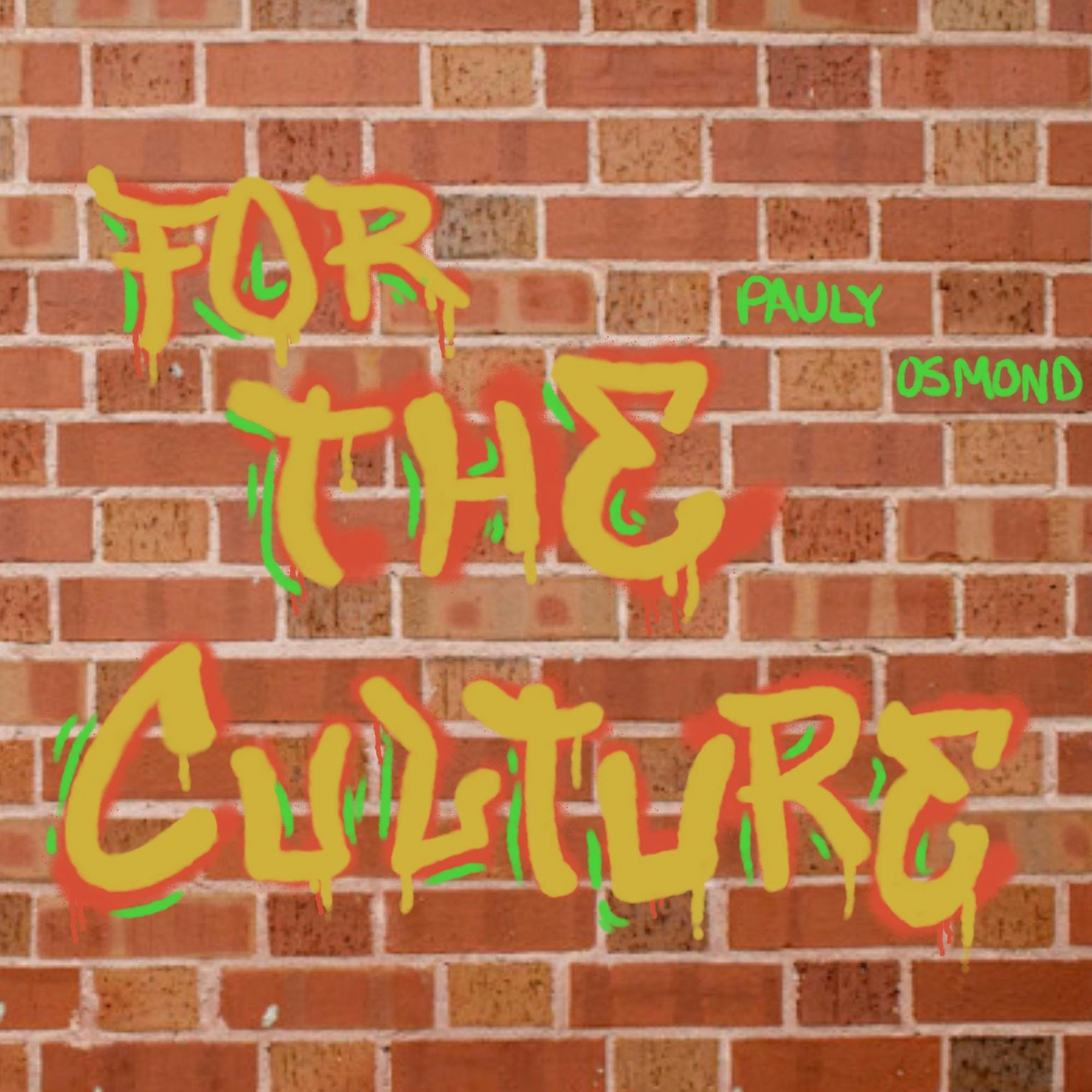So far, I have not dedicated an entire article to one artist. However, I believe that the truthfully meteoric rise of Dallas-based singer and songwriter 4batz warrants some consideration in the conversation of industry plants. Despite having just released his first song, “act i: stickerz “99”,” in June 2023, and so far, only five songs total, 4batz somehow currently maintains 17 million monthly listeners on Spotify. Moreover, 4batz received the ever-coveted “Drake Stimulus Package” — essentially, the phenomenon of when Drake remixes the song of an up-and-coming artist, which massively boosts their streams, clout and revenue. However, 4batz had already achieved industry success prior to the Drake Stimulus Package. In fact, 4batz has grown steadily in popularity across hip-hop media since his debut. However, as with many industry plants, 4batz does not have an identifiable paper trail — somehow, he just blew up.
Now, why is this important? Well, I argue that hip-hop is fundamentally image-based, meaning artists are often perceived by their image before their art. Unfortunately, I believe this phenomenon promotes talentless artists with marketable images to fame, overlooks talented artists who may not align with current trends, and reinforces the fundamentally business-oriented nature of the genre. Ironically, the maintenance of artist authenticity is equally important in hip-hop; if an artist is perceived as inauthentic, their reputation is tarnished, making them less marketable.
Yet, 4batz presents himself as principally authentic. Despite his soft vocals, 4batz seems to maintain an image that reflects his upbringing in Dallas. Fundamentally, the rise of 4batz reflects one component of what I describe as the ‘algorithm’ for hip-hop success: image artistry. Image refers to what an artist presents — their physical appearance, social media presence and performances. Fundamental to maintaining a successful hip-hop image is authenticity: how audiences perceive the artist. Finally, artistry refers to the musical product: singles, albums and features. In the case of 4batz, his image, which is perceived as authentic, is marketable to audiences, but does his music stack up? Well, despite commercial success, some hip-hop fans have noted that his music is, generally, lackluster, unimaginative and algorithmic. Of course, five songs are hardly enough to judge an artist, but, as many have expressed, the music of an artist with his level of clout should immediately astonish audiences. Sadly, 4batz seems to disappoint — although his music is certainly not bad, many of his listeners are unimpressed.
So, is 4batz an industry plant? I suggest that this remains to be seen. While some internet sleuths, undoubtedly, have already begun deep-diving into the potentially nefarious, nepotistic or immoral rise of 4batz, I would caution hip-hop fans from immediately writing off an up-and-coming artist. Again, the ascendance of 4batz reflects the potency of the hip-hop algorithm: image and artistry. Even though some scrutinize his authenticity as an artist, 4batz presents an image that is highly marketable to audiences; therefore, since his image is so compelling, very few fans scrutinize his music.
Does hip-hop have an industry plant problem? Well, at the very least, I would argue that the prevalence of supposed industry plants reflects a larger problem in hip-hop: an emphasis on image over artistry.






